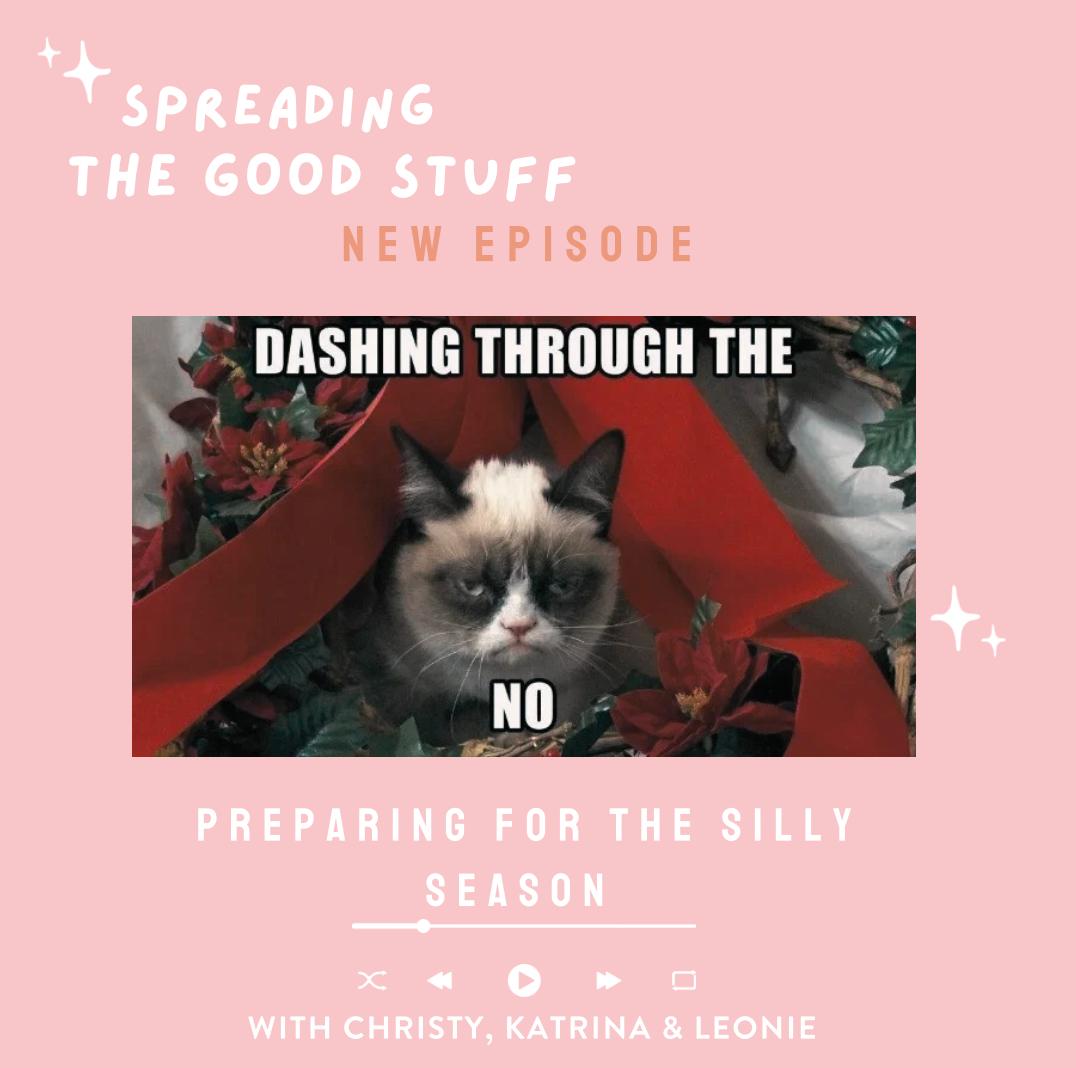Words, love them or loathe them, they certainly can cause a stir.
And using the right words for the right situation can be one of the hardest things to do.
Writing in the Age recently, Washington Post blogger Alyssa Rosenberg condemned our misuse or often overuse of words such as awesome.
If everything is awesome, she argued, how can anything be deemed awesome at all?
Now I’m pretty sure she’s talking to me… I am so guilty of abusing the word awesome in all its awesomeness – sorry.
And I’m not sure why, as there are so many other wonderful adjectives.
I do like its positiveness but I’m acutely aware of my laziness and lack of adventure when searching for the best way to describe something… well… awesome.
The article referenced the Lego Movie song Everything is Awesome and how our overuse of the word awesome can dull its effectiveness. In other words, many of us use certain words for popularity rather than meaning. Words like ‘tomoz’, ‘cray cray’ and ‘peeps’ all come to mind.
This overuse conforms to mass-media following of what’s in and lacks any individual thinking. But don’t feel bad… we all do it.
I had a suspicion I was on the awesome abusers’ list well before I read Alyssa’s article but still found myself going back to the well of awesomeness.
I am however, reconsidering my penchant for overusing awesome after learning its meaning has changed somewhat over time. And I like to stay true to my words.
A 2011 Robert Lane Green investigation taught us awesome started out as a word to describe the overwhelming feeling of an encounter with the divine.
Now we all know some things are great (even awesome) but probably not at all in the divine category! I suspect divine is another word that might need some attention.
I’m not pointing the finger here or criticising positiveness, but simply making a point about our use (or overuse) of words and their true meaning.
Some folk think about words all the time, new words are actually invented each day and some are officially added to the dictionary every year. Did you know English is actually the most added-to language in the world?
In 2014, the word shirtfront was officially added to the dictionary – no explanation needed here. It was also named Australian National Dictionary Centre’s Word of the Year… go figure!
Shirtfront is a good example of a change in meaning, or use in Tony Abbott’s case.
So where does a word come from and how does its meaning change?
In a recent TED talk, language historian Anne Curzan * shared some words that have changed meaning over time.
We find this stuff fascinating at TSW and would love you to share any words that have had you reaching for the dictionary.
Here are some of Anne’s words to get you started:
- Nice: This word used to mean “silly, foolish, simple.” Far from the compliment it is today!
- Hussy: Believe it or not, hussy comes from the word housewife (with several sound changes, clearly) and used to refer to the mistress of a household, not the disreputable woman it refers to today.
- Bachelor: A bachelor was a young knight before the word came to refer to someone who had achieved the lowest rank at a university — and it lives on in that meaning in today’s B.A. and B.S degrees. It’s been used for unmarried men since Chaucer’s day.
- Spinster: As it sounds, spinsters used to be women who spun. It referred to a legal occupation before it came to mean “unmarried woman” — and often not in the most positive ways, as opposed to a bachelor…
- Naughty: Long ago, if you were naughty, you had naught or nothing. Then it came to mean evil or immoral, and now you are just badly behaved.
Yours in words,
Christy xo
The Splendid Word
* Source: ideas.TED.com 10/11/2014
Picture from: www.thepartnerstrust.com/blog/2011/01/07/awesome



